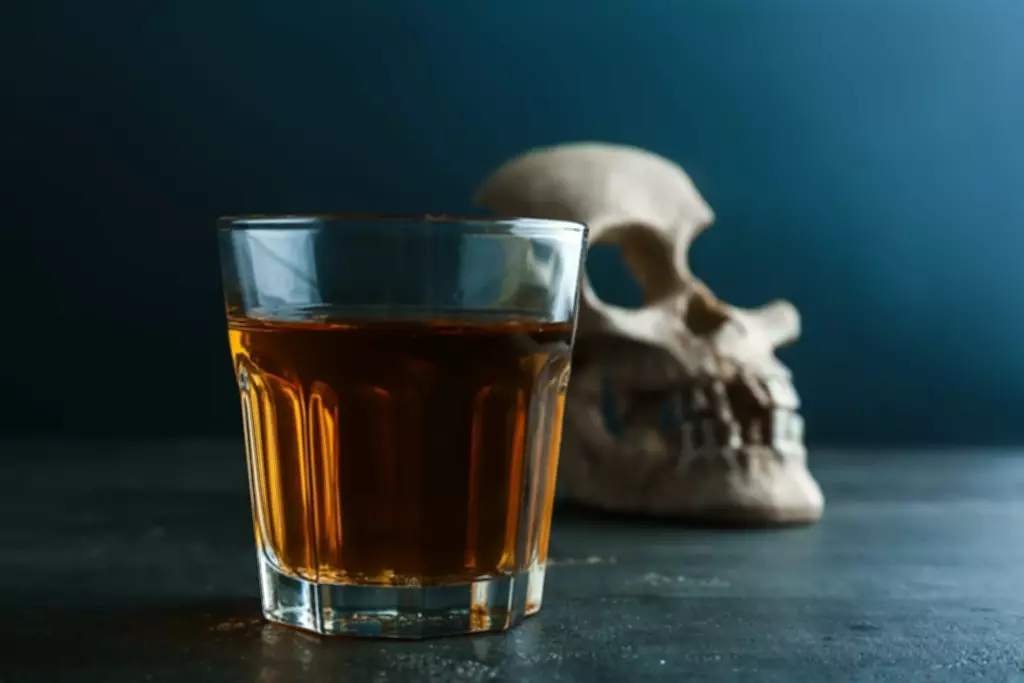Content
A 10th step-based inventory for self-reflection for counselors and other mental health workers. A 3-page worksheet for developing a colorful self-care “map” to explore patterns and identify new practices. A worksheet for clients to pass around to group members so each person can write a positive affirmation. A list of group openers for substance use groups; can also be used in individual counseling sessions.
- Participants support and nurture each other like a family by reinforcing good behaviors and helping each other cope during difficult tasks.
- It creates a sense of safety and security, enabling participants to explore their emotions and vulnerabilities in a supportive environment.
- Yoga and meditation provide a holistic approach to recovery by integrating the mind, body, and spirit.
- Have a group lecture and/or discussion about the neuroscience of addiction.
- According to the National Institutes of Health (NIH), taking time to express gratitude can boost your emotional wellness and help with stress management.
It fosters a sense of belonging and empathy, both of which are instrumental in the recovery process. This article will explore four effective substance abuse group therapy activities that can aid in the journey toward recovery. In conclusion, the power of expressive arts in group therapy is undeniable. Art therapy and music therapy allow individuals in substance abuse recovery to explore their emotions, gain insight into their recovery journey, and develop healthy coping mechanisms. These creative mediums offer a safe and supportive environment for self-expression and personal growth.
Creative Arts
Have group members collaborate and come up with a group motto based on the goals and outcome of the group sessions. Closing group therapy treatment is the phase of group development known as termination (Levine, 2011). This is often one of the most difficult aspects of group structure and development. A group leader must evaluate either subjectively or objectively (or both) how the group members have progressed and whether goals have been met (Levine, 2011). It helps clients notice their strengths, past successes, and ability to grow and overcome challenges. Each member will take one of the above and be guided through a mindful eating session.
- Hearing stories of recovery and resilience from fellow group members can be incredibly inspiring and provide hope for those who may be struggling.
- Create a coping cheat sheet summary card that group members can keep with them between sessions.
- By recognizing these triggers, participants gain insight into their vulnerabilities and can develop proactive strategies to avoid or cope with these situations.
We are here to provide assistance in locating an Ark Behavioral Health treatment center that may meet your treatment needs. We do not receive any compensation or commission for referrals to other treatment facilities. You nor your loved one are under any obligation to commit to an Ark Behavioral Health treatment program when calling our helpline. This motivation and focus on achievement as a team act as positive reinforcements, reducing the risk of relapse by redirecting energy toward purposeful pursuits. Treatment centers use group interventions to help people recover from opioid addiction, alcohol use disorder (AUD), and other SUDs. Anyone who has experienced major depression knows exactly what it’s like.
Relapse Prevention Group Activities For Individuals In Recovery
They may bring one luxury item, one entertainment item, and one survival item. This is often a revealing activity that can help members get to know one another. In this activity, clients will https://ecosoberhouse.com/ each get an index card to write down three things about themselves. Members will go around the room stating the three pieces of information, and other members of the group must guess the lie.

It creates a sense of safety and security, enabling participants to explore their emotions and vulnerabilities in a supportive environment. Trust also fosters a sense of camaraderie and connection among group members, group activities for adults with substance abuse which can be incredibly powerful in the recovery process. Other goals of group therapy include gaining inspiration through the recovery of others, self-identifying as a recovering addicting, and examining core values.
Understanding the Role of Group Therapy in Substance Abuse Recovery
Alternatively, group members can take turns drawing cards, but all group members are encouraged to share their answers. A printable deck of cards with 128 coping skills for managing stress, anxiety, and other difficult emotions. A list of specific topics for substance use groups, such as refusal skills, the difference between a lapse and a relapse, and fun in recovery.